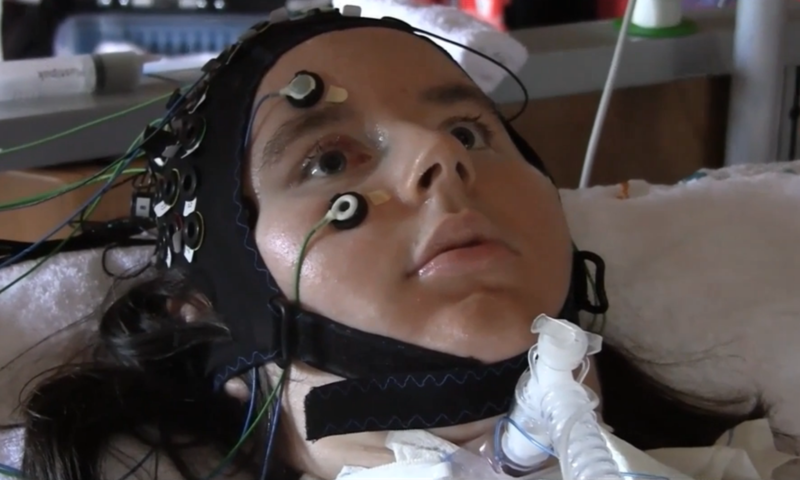
Germany’s main research-funding organization, DFG, has determined that a high-profile neuroscientist committed scientific misconduct in his DFG-funded work. That work concluded it is possible to interpret yes-or-no answers from the brain waves of fully paralyzed patients with “locked-in syndrome” due to amyotrophic lateral sclerosis (ALS, aka Lou Gehrig’s disease).
The 2013-2014 work was published in 2017 in PLOS Biology and covered by Ars. The researchers subsequently published a response to criticism of the work in 2019 in PLOS Biology, which was also included in the DFG’s misconduct investigation.
In a statement, the DFG said that it determined that German neuroscientist Niels Birbaumer, the coordinating researcher on the work, and first-author Ujwal Chaudhary, a member of Birbaumer’s team, included incorrect information in three cases, did not completely record patient examinations by video as they reported, and failed to provide full data on patients.
Birbaumer and Chaudhary hold positions at the University of Tübingen in Tübingen, Germany, and the Wyss Center for Bio and Neuroengineering in Geneva, Switzerland.
The DFG opened its investigation in 2018 after whistleblower Martin Spüler, at the time a postdoctoral researcher at the University of Tübingen, said that he could not replicate the researchers’ findings when he reanalyzed their data. An independent expert commissioned by the DFG as well as two other whistleblowers subsequently said that they too could not replicate the findings.
An independent investigation at the University of Tübingen likewise concluded in June that the researchers committed scientific misconduct. The investigation found evidence of selective data collection, missing and incomplete data, and possible data corruption due to flawed analysis.
In statements to Nature, Birbaumer said he accepted the investigations findings but that he stands by the work, which he say still shows “that it is possible to communicate with patients who are completely paralyzed, through computer-based analysis of blood flow and brain currents.”
The DFG noted in its statement that the investigators did not draw any conclusions on whether the researchers’ approach is valid.
Nevertheless, the DFG and the University of Tübingen both recommended that PLOS Biology retract both papers.
With its finding of misconduct, the DFG issues sanctions against Birbaumer and Chaudhary. Birbaumer is barred from applying for DFG grants and serving as a scientific evaluator for five years. He must also return the grant money DFG awarded him for the project. Chaudhary is barred from applying for grants and acting as an evaluator for three years.
https://arstechnica.com/?p=1576455

